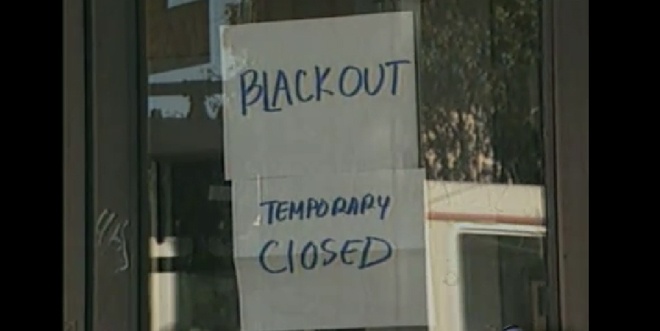By Robert Mullin
FERC last week eliminated the must-offer obligation in effect throughout the Western Electricity Coordinating Council region since the tail end of the California energy crisis of 2000-2001.
“In light of the passage of time and significant improvements to California’s wholesale electricity markets over that time, the must-offer requirement established for the WECC in 2001 produces little or no benefits today,” the commission wrote (EL27-16).
FERC implemented the obligation in June 2001 in response to what it called “serious market dysfunction” in California — the effort by some of the region’s generators to withhold power supplies to drive up prices in the now-defunct California Power Exchange. The rule required most generators serving California to offer all capacity not already committed under bilateral agreements into the state’s real-time market.
Last week’s order also ended a requirement that public and nonpublic utilities post a daily log of available capacity on their websites, as well as to a site hosted by the Western Systems Power Pool (WSPP).
The commission also rejected a request by the Edison Electric Institute to retroactively relieve affected industry participants of costs related to the posting requirement, instead affirming Feb. 24, 2016, as the refund effective date — days after FERC initiated a Section 206 proceeding to explore eliminating the must-offer obligation. (See FERC Likely to Eliminate Must-Offer Rule for West.)
While EEI did not specify an alternative date, it contended that the posting requirement became unduly burdensome once California’s market had undergone substantial changes and that FERC should therefore “grant such further and other relief as to the posting requirement that the commission deems necessary or appropriate.”
The must-offer and posting requirements were originally slated to expire in September 2002, but FERC subsequently extended the rules for an unspecified period of time until “long-term market-based solutions” could be fully implemented.
In eliminating the obligation, the commission cited numerous changes to California’s markets over the years, including CAISO’s development of LMP-based day-ahead and real-time energy and ancillary services markets, a day-ahead residual unit commitment process, local market power mitigation measures, reduced reliance on spot markets, and the state’s resource adequacy program.
“These market design improvements have contributed to a well-functioning CAISO market,” the commission wrote, adding that the electricity supply outlook for the West has “significantly improved.”
The commission noted that its ruling only dealt with rules stemming from the energy crisis. This was in response to Pacific Gas and Electric’s argument that termination of the obligation should not be construed as limiting the need for a must-offer requirement for resource adequacy capacity in the CAISO-run Energy Imbalance Market or new ISO transmission owners.
“We are not prejudging any future must-offer proposals related to the Energy Imbalance Market or to new transmission owners joining CAISO,” the commission affirmed.




